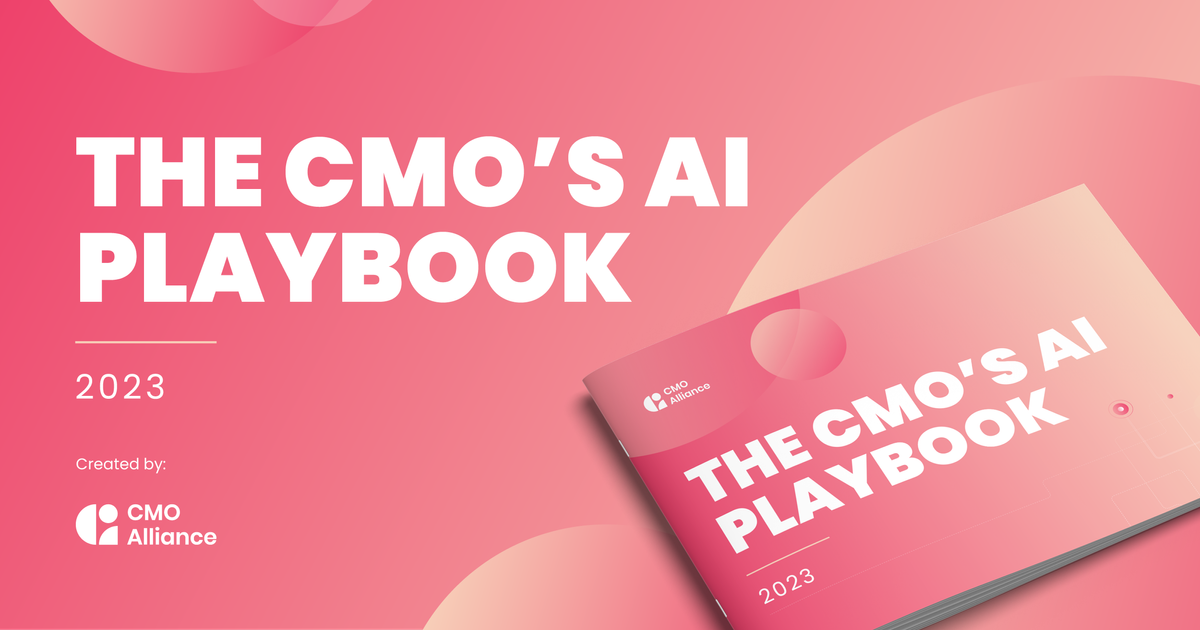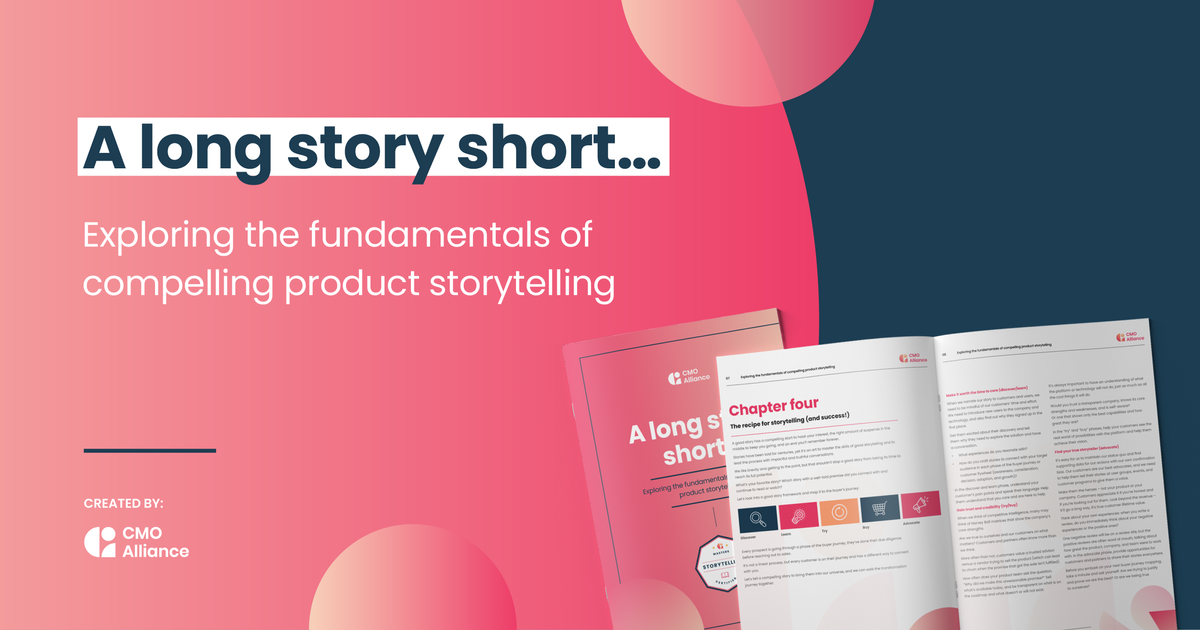Artificial Intelligence has been a hot topic in recent years. Many support it, while others are against it or on the fence.
As pioneers in the field of marketing, it’s our duty to remain vigilant, examine, explore, and integrate innovations into practice, reaping the benefits of AI as much as possible.
Given how digital practices are constantly changing, the use of AI combined with existing marketing practices enhances how businesses interact with each other, with their customers, and with their various promotional activities, offering more opportunities with more immediate results.

What, then, is the transformative role of artificial intelligence in marketing?
Artificial intelligence serves as a model for data processing and usage, and as a tool that promotes idea generation, thus enhancing the decision-making process.
Let me explain.
AI revolutionizes audience segmentation, content creation, and campaign optimization, among many other uses. When you leverage AI, you can predict customer needs, tailor messages, and plan content at the optimal time, while also choosing the platform that’ll deliver the best results.
In marketing, our goal is to adopt new technologies and methods so that our efforts are relevant not only in the present but also in the future.

The most important element of a marketing campaign lies in understanding the audience. AI tools, such as predictive analytics and machine learning algorithms, can sift through vast amounts of data to identify patterns and trends.
This information allows you to create highly targeted campaigns that resonate with the specific interests and behaviors of the target audience, increasing conversion rates and customer satisfaction.
The advantages of AI in marketing
One of the most significant advantages of AI in marketing is its ability to improve campaigns in real-time.
AI algorithms can continuously analyze campaign performance across various channels, suggesting adjustments to improve return on investment (ROI). This approach ensures that promotional efforts aren’t just set and forgotten, but continually evolve to achieve the best possible outcomes.
Today, creating and curating engaging and educational content can be challenging and time-consuming. Various AI tools can assist in researching ideas for fresh content, creating the content itself, optimizing and proofreading headlines, and structuring specific content.
Additionally, AI can help personalize material for users (sales emails, email campaigns, etc.), enhancing their experience and interaction with a product, service, or any organization.
AI offers us the ability to explore new levels of creativity and efficiency when used responsibly. At the same time, we must recognize the irreplaceable value of human experience, oversight, capability, and critical thinking.
Any content created with the help of AI tools should include a human touch to ensure that it aligns with the tone of voice and values of the company, product, or service the marketing represents.
Using AI tools allows us to save time, increase efficiency, and enhance our creative expression. This gives us the privilege to dedicate more resources and energy to communication policies and activities that require the unique human touch, reflected in both short-term and long-term goals, such as building meaningful relationships with colleagues, partners, and clients.

Lobbying and the development of client relationships are crucial aspects of any business strategy. AI tools can manage routine tasks, data analysis, and even some communication processes, freeing up human professionals to focus on nuanced and strategic interactions.
For instance, lobbying involves understanding and influencing policy, which requires deep insights into political landscapes and the ability to build and maintain relationships with key stakeholders.
AI can assist by analyzing legislative trends, tracking policy changes, and identifying key influencers, but the actual engagement, persuasion, and relationship-building rely heavily on human empathy, negotiation skills, and personal connections.
Similarly, in client development, while AI can help identify potential clients through data analysis, segment audiences, and even personalize communication to a certain extent, the cultivation of trust and loyalty is inherently human.
Building these relationships involves understanding client needs, addressing concerns with empathy, and providing personalized, high-touch service that AI alone can’t replicate.
Allowing AI to handle administrative and analytical tasks means that professionals can devote more time to face-to-face meetings, creative problem-solving, and developing strategies tailored to individual client needs.
Integrating artificial intelligence into marketing
Integrating AI into marketing isn’t a passing trend but a fundamental shift toward smarter, more effective, and personalized marketing practices. Embracing AI enables you to unlock new levels of insight and creativity, driving your campaigns to success.
However, it’s crucial to remember that AI lacks the human elements of judgment, intuition, and ethical consideration. While AI can process data and generate insights, it doesn’t possess the ability to understand context or make nuanced decisions.
This is why human input and review are essential.

With that in mind, you need to critically evaluate AI-generated content and strategies to ensure they align with ethical standards and resonate authentically with the target audience.
Final thoughts
The most important thing is to utilize AI responsibly, creatively, and strategically to create meaningful connections and promote growth in the digital age.
As an advocate of innovative practices in marketing, I encourage both aspiring and experienced marketing professionals to explore the possibilities of artificial intelligence in transforming their strategies.
We adopt new technologies and methods so that our strategies address not only the present but also the future.
About the author
Marilena Christodoulides, originally from Cyprus, a charming island in Europe, is a passionate creative digital marketing expert known for transforming ideas into impactful realities.
Her journey began in Graphic and Advertising Design, where she discovered the profound impact of visual communication on storytelling and brand perception. This foundation led to establishing and leading a Marketing department from scratch, paving the way for a career defined by innovation, creativity, and strategic thinking.
Driven by a desire to explore new horizons, Marilena earned a Certified Professional diploma in Digital Marketing (CDMP) from the DMI Institute and an MSc in Business Management with a specialization in Digital Marketing from the Cyprus International Institute of Management (CIIM). As a qualified Chartered Marketer (CMktr) and member of both the Chartered Institute of Marketing (CIM, UK) and the Chief Marketing Officers Alliance (CMOA, UK), her commitment to professional excellence is evident.
Marilena's career merges a passion for the dynamic world of digital marketing with art and design, enhancing brand presence and storytelling. She has worked across diverse sectors such as luxury, education, real estate, and innovation, helping brands amplify their presence and articulate their stories in ways that resonate and engage.




 Follow us on LinkedIn
Follow us on LinkedIn




